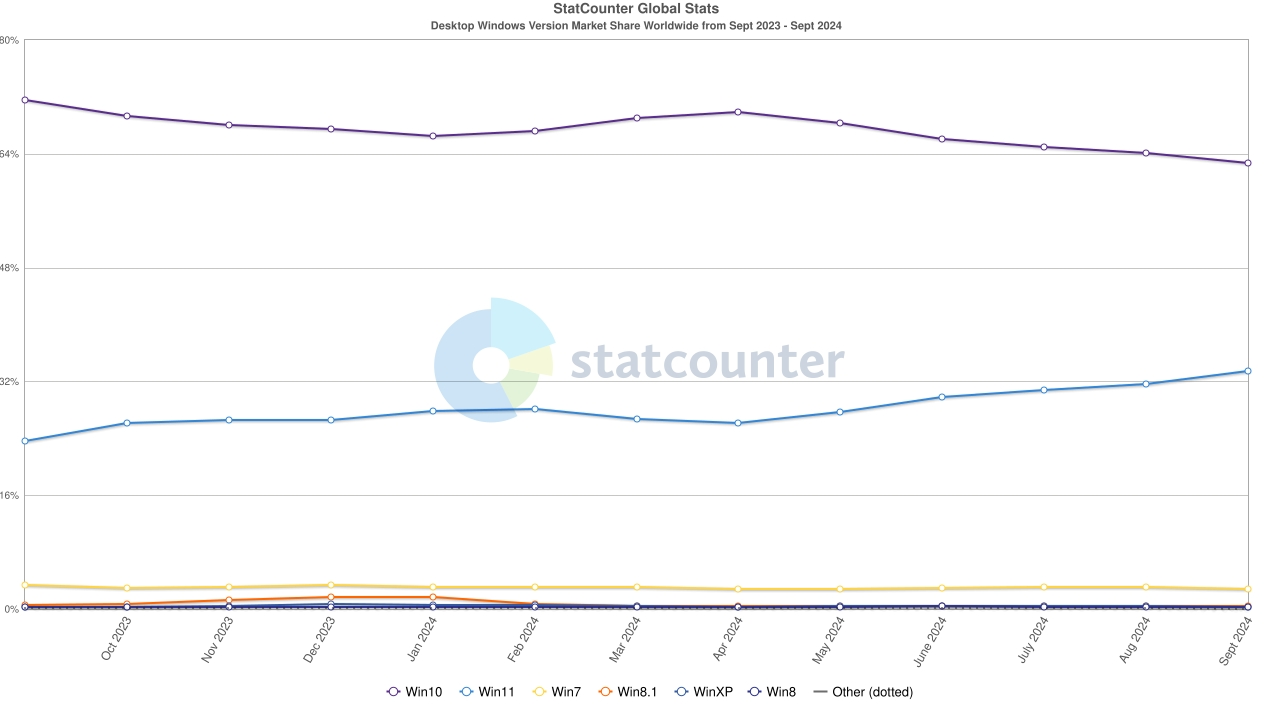this post was submitted on 22 Oct 2024
122 points (96.9% liked)
Sysadmin
7664 readers
1 users here now
A community dedicated to the profession of IT Systems Administration
No generic Lemmy issue posts please! Posts about Lemmy belong in one of these communities:
!lemmy@lemmy.ml
!lemmyworld@lemmy.world
!lemmy_support@lemmy.ml
!support@lemmy.world
founded 1 year ago
MODERATORS
you are viewing a single comment's thread
view the rest of the comments
view the rest of the comments

What will happen afterward? My cpu isn't supported.
You don't get security updates.
You can get something new, install Linux, or you can also just choose to not care.
I recommend against that last one heavily
What would reasonably happen if you just don't?
Realistically? Nothing. So many things have to go wrong for you to get a virus or some other form of malware. Your web browser and other software will continue getting updates for at least a little bit after the OS is EOL. Windows 7-8.1 has only just started losing software support in the last 1-2 years.
First your OS needs a vulnerability, then the software you're running needs to have a vulnerability, then you need to run said software, then you need to run said software and do whatever it is that can be exploited (or just run some infected software). Every once in a while you'll run into exploits that need no interaction at all, and that's where you can really get screwed. Windows had one the other day with ipv6, but that requires your firewall to be set to allow all ipv6 connections in which unfortunately a lot of them do. But even then someone has to have tried reaching you out of the 72 kajillion ipv6 addresses out there.
That said unsupported devices are also a risk to supported devices. Say there's an exploit like the ipv6 one and device A gets infected. That malware could then use other tricks to affect supported devices that haven't been patched yet, or there isn't a patch for it.
I use a ton of unsupported devices, but only intermittently, and not for anything important. The likely hood that I'm getting a virus on Mac OS 9 is so incredibly small. Plus I'm not checking my bank account on that thing. I would not do anything at all important on an unsupported machine, and if it HAS to run I'd quarantine it in it's own vlan so it can't affect the important things.